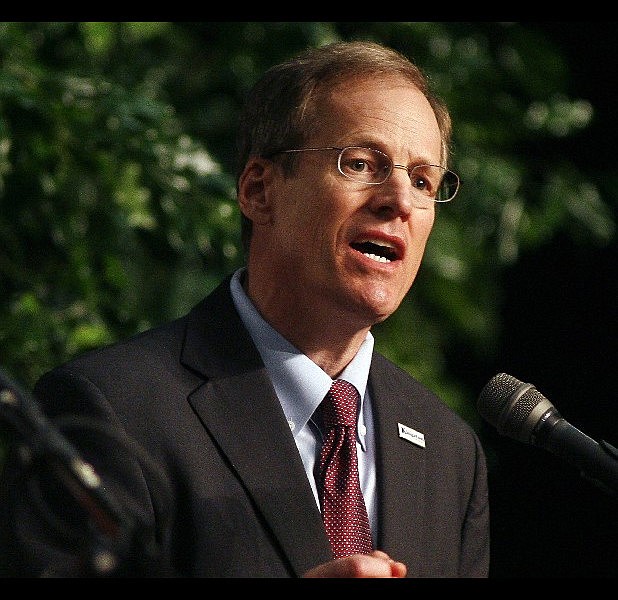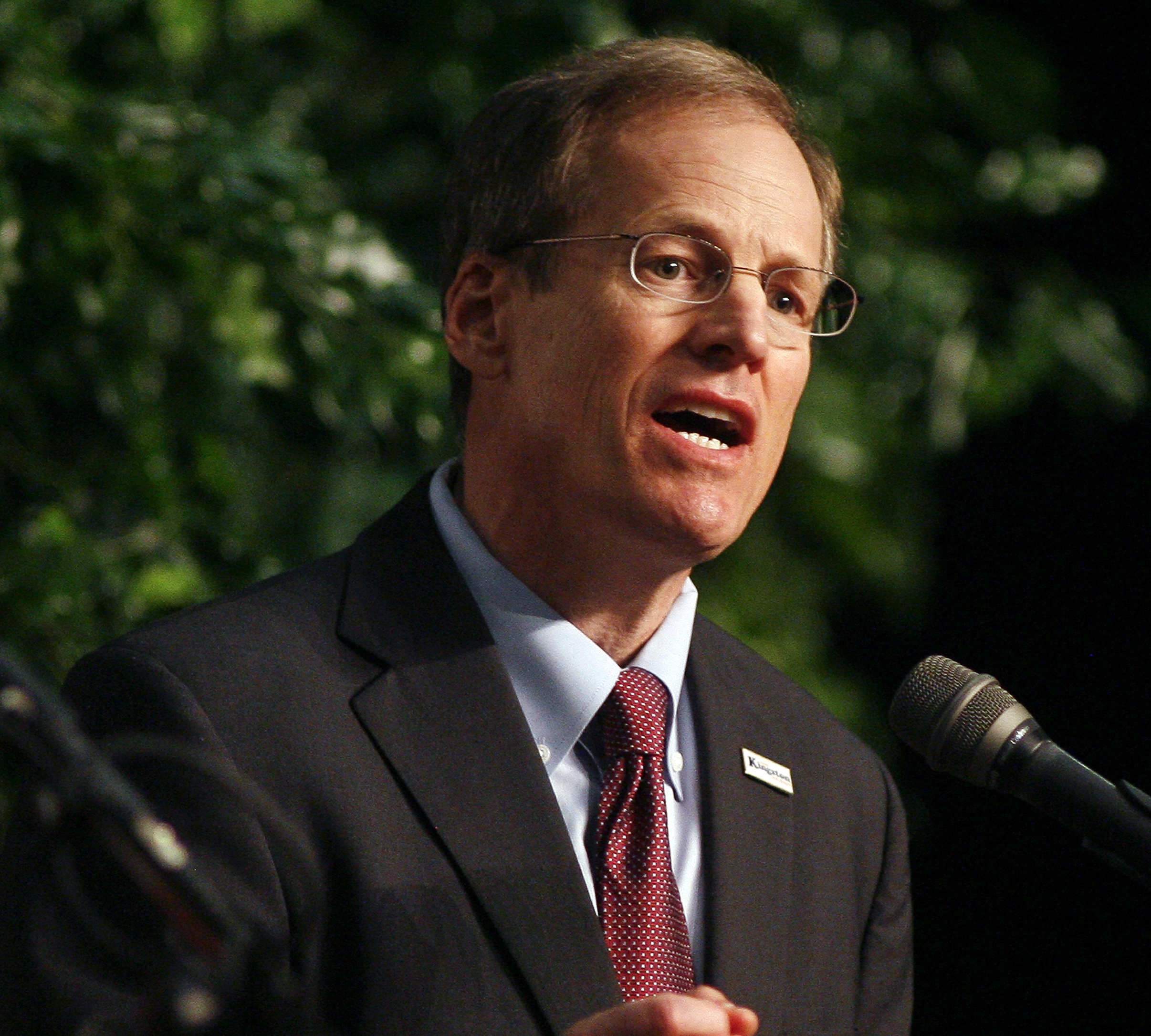Republicans struggle in Georgia's Senate
Monday, January 27, 2014
WATKINSVILLE, Ga. - Seeking promotion to the U.S. Senate, Republican Rep. Jack Kingston avoids an explicit yes-or-no answer when asked by a voter if he considers himself a tea party candidate.
Instead, the 11-term congressman offers the lunch crowd at a northeast Georgia community center a careful plea for a unified party that can sell limited-government arguments to a wider audience. Kingston doesn't mention any of his seven primary opponents. But the subtext is obvious in a field that includes Kingston's House colleagues Paul Broun and Phil Gingrey.
Broun, a physician, has called evolutionary theory "lies from the pit of hell," and he's sponsoring a drawing to give one of his supporters a free AR-15 semi-automatic rifle. Gingrey, an obstetrician, once defended failed 2012 Missouri Senate candidate Todd Akin's controversial comments about "legitimate rape" and abortion.
It's a free-for-all that highlights the GOP's internal struggle between archconservatives and the business establishment. Some Republicans worry that Democrats could score an upset victory in Georgia's Senate race in November, as they did in a handful of recent Senate and governor's races, if moderate voters find the Republican nominee too extreme.
"It's a microcosm of what we're fighting over nationally," said Kirk Shook, GOP chairman in Oglethorpe County, about 80 miles east of Atlanta. "It's a huge concern for people I talk to around the state, that Georgia could become another Missouri or Indiana. ... I don't want to call any names, but we all know who I'm talking about."
Also in the fray: David Perdue, a businessman and cousin of a former Georgia governor, and former Georgia secretary of state Karen Handel. She narrowly missed out on the governor's office in 2010 before she commanded a national following as a Susan G. Komen Foundation executive during the organization's effort to break with abortion-provider Planned Parenthood.
Most observers expect a May 20 primary to produce a July runoff.
Meanwhile, prohibitive Democratic favorite Michelle Nunn has quietly framed herself as a problem-solver above the rancor she blames for Washington gridlock. Nunn hasn't sought public office before, but she comes with pedigree and connections. Her father, Sam Nunn, represented Georgia in the Senate for 24 years. For years, she has run former President George H.W. Bush's Points of Light Foundation, giving her a claim to bipartisanship and established relationships with wealthy donors.
Democrats believe that's a winning strategy in a state where population growth has closed the partisan gap: President Barack Obama lost Georgia twice, but with little effort he still posted single-digit margins that were much closer than in the rest of the Deep South, where he is intensely unpopular among white majorities. Republicans and Democrats agree that a significant shift of white women to Nunn, particularly in metro Atlanta, would mean a toss-up in November.
The winner will succeed Republican Saxby Chambliss, who is retiring. Holding the Republican seat is critical to GOP hopes of reclaiming a Senate majority.
Republican consultant Chip Lake, who worked briefly for Gingrey's campaign in 2013, said the key to holding the white suburban vote "is nominating the most electable conservative." Of course, Lake conceded, the GOP primary puts the definition of conservative up for grabs.
"Unfortunately, there's a lot of us in the movement who would rather win that argument than win elections," he said.
All eight Republicans favor repeal of Obama's health care overhaul. All oppose abortion rights. All three congressmen voted against the bipartisan deal to end the partial government shutdown last fall, and Perdue, Handel and the lesser-known candidates all say they'd have voted the same way.

